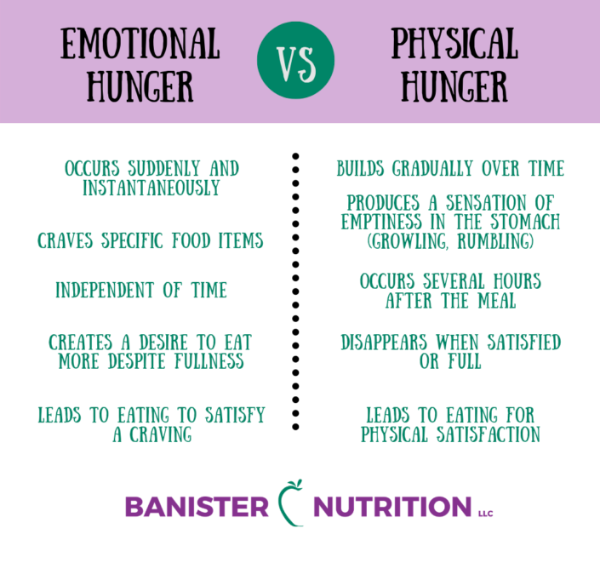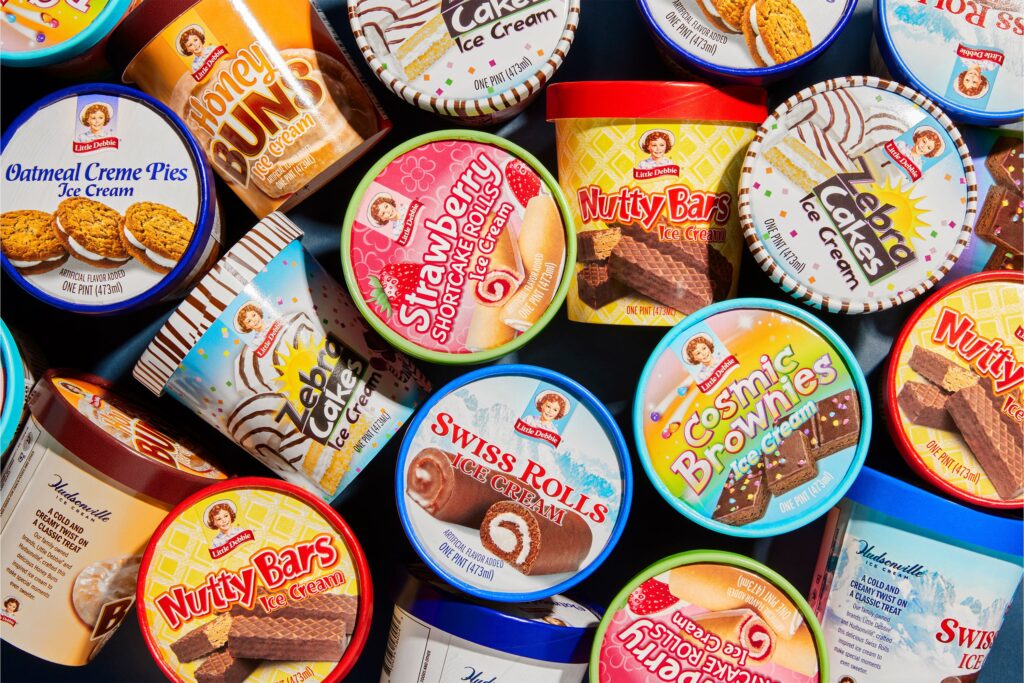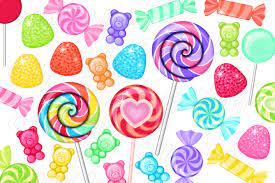I had the pleasure of interviewing Food Addiction Expert and Nutritional Counselor Dr. Ifland to discuss the difference between emotional eating and physical hunger.

Dr. Joan Ifland specializes in emotional eating, food triggers, and the psychology behind binge eating.
I was excited to talk with Dr. Ifland about emotional eating because this is something a lot of people struggle with, especially during and after the ongoing pandemic and quarantine.
Many of us turn to food when we are under stress, in fear, or simply bored because food can give us a false sense of fullness. This leads me to ask:
Which emotions trigger food cravings the most? Which ones should we look out for?
Dr. Ifland says any strong emotion can trigger those food cravings.
Here’s how it works: you get a strong emotion, and it triggers a reaction in the brain, hyper-activating the “Reward Centers.”
These reward or “pleasure centers” make our brain flood with food cravings. If we are under stress, this is how the brain tries to make us feel better. Sadly, this is what also activates addiction.
Those emotional food cravings are just a mechanical action in the brain, which unfortunately has led to a lot of abusive addictive practices, specifically in the processed food business.
When we do have these cravings, we find ourselves seeking childhood comfort foods. We want to snack on something sweet, such as processed foods or carbs.

Why Snacks? Why do we want snacks when we’re emotionally eating?
Dr. Ifland’s response was simple: snacks are addictive. It’s hard to imagine, but snacks have been formulated since Day 1 to be addictive. They are meant to hyper-activate those “reward centers” so we lose control and are under the influence of those cravings.
Sugar is more addictive than cocaine. Fats activate the same part of the brain as marijuana. Excessive salt and dairy have the same withdrawal symptoms as drug withdrawal.
Joan Ifland, PhD, MBA, FACN

We need to start looking at processed foods the same way we look at a cigarette.
We turn to processed foods the same way people fifty years ago turned to cigarettes. When they were upset, they smoked a cigarette.
With their addiction business models, Tobacco Companies moved into processed foods in the mid-1980s.
What is the motivation of an addiction company to move into processed foods? They saw an opportunity to create addiction.
What are the signs to know when we are physically hungry?

A lot of times, we don’t always recognize when we are physically hungry. We want to eat something, but maybe our bodies don’t actually need food at that moment?
Cravings happen in the head. They are for these foods that we’ve been tricked into thinking are foods, but they’re actually drugs.
When you’re hungry, you will feel it in your stomach, right underneath the bottom of your ribs.

Once you recognize you are an emotional eater, the best thing you can do is cut out those processed foods.
The first step to distinguishing between cravings and hunger is to get rid the processed foods and the signaling, messaging, and advertising.
This food stimulation needs to get out of your home, workplace, and life. For example, stop eating processed foods in the car.
Get the cravings to stop, and then you will know, when you want to eat, you’re actually hungry.

Believe it or not, cravings are not normal. But we have been tricked into thinking cravings are normal because we’ve been having cravings since kindergarten!
As a kid, Dr. Ifland remembers going into kindergarten with cravings. She ate cereal, jelly toast, candy, and lots of sugary sweets. Those were all addictive substances.
Can you believe that cravings can actually go away someday if you follow these important steps?
One of the greatest gifts of getting through withdrawal of the processed foods is the cravings are going to stop. You will stop obsessing about food and you’ll get your brain back.
Of course, this is easier said than done. You’ll have to create a bubble of protection around yourself to combat the ever-so distracting food industry.

The Food Industry is intense. You are always going to be surrounded by processed foods and sugary sweets.
From social gatherings to flashy advertisements, the food industry wants you to be signaled and activated. Once they hold on to your inner addiction, they get you to lose control.
It’s a long road to recovery, but it’s so worth it. Being able to sense physical hunger and fullness is one of the hardest struggles Americans face, but will lead to a healthier, happier life.
Next time you see a Little Debbie Brownie ad or are offered a Twinkie, think about this motive before you eat the things you will regret.
You are going to feel so much better. 🙂
Also on Coast to Coast
-
Desert Harvest’s Newest Product: Providing Gentle Relief to the Body
-
Episode 25 of Coast to Coast: Checking Out the Top Travel Destinations for Spring & the Pennzoil 400
-
Coast to Coast Checks Out the Best of Sprouts with Nutritionist Cara Harbstreet
-
Episode 24 of Coast to Coast: Oscars Excitement & the Best of Sprouts with Nutritionist Cara Harbstreet
-
Healthy Valentine’s Day Treats with Almond Breeze and Dietician Bonnie Taub-Dix
